The Covid-19 pandemic hasn’t just made people concerned about their health, but their income, livelihoods and job security as well.
In the spirit of #SGUnited, some local businesses have made great efforts to take care not only of their own employees’ health but also support those not in their direct line of work.
From multi-million dollar initiatives to simple acts of kindness, here are six businesses that are putting their best foot forward in an attempt to boost morale and spread positivity in this time.
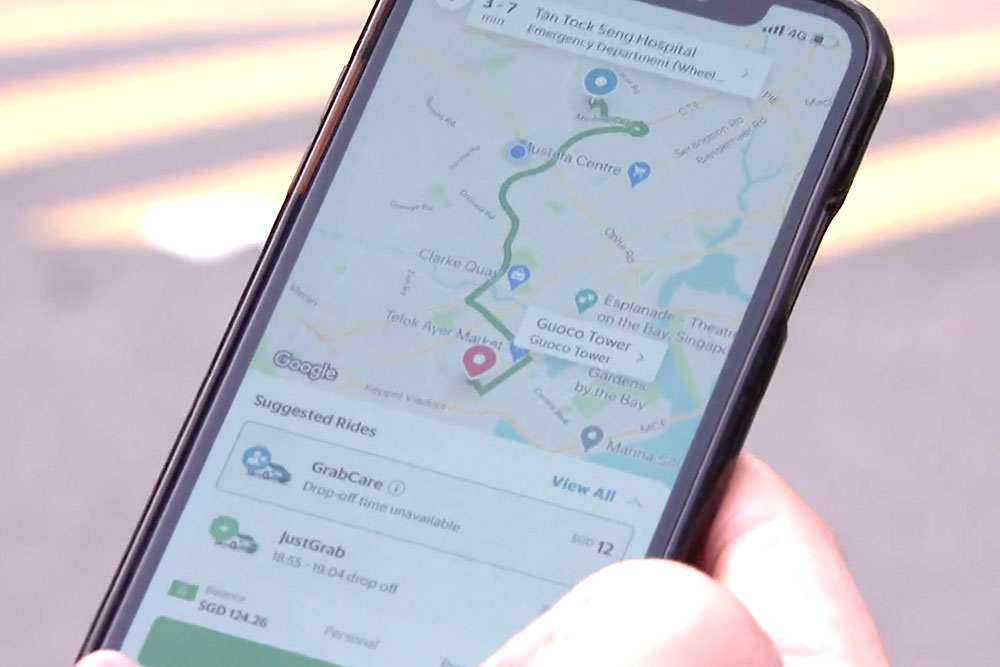
1. GRAB: Launch of GrabCare and increased health benefits for employees
To help its drivers and delivery partners tide through the virus-induced slowdown, Grab has introduced a slew of measures as part of its income protection efforts.
GrabFood delivery partners who are hospitalised or quarantined because of the virus will receive a one-off allowance of up to $200.
All Grab Drivers will also receive one-off allowances of up to $500 and have their vehicle rental fees waived.
A dedicated transport service, GrabCare, has also been launched recently to help healthcare professionals get to and from their workplaces with ease.
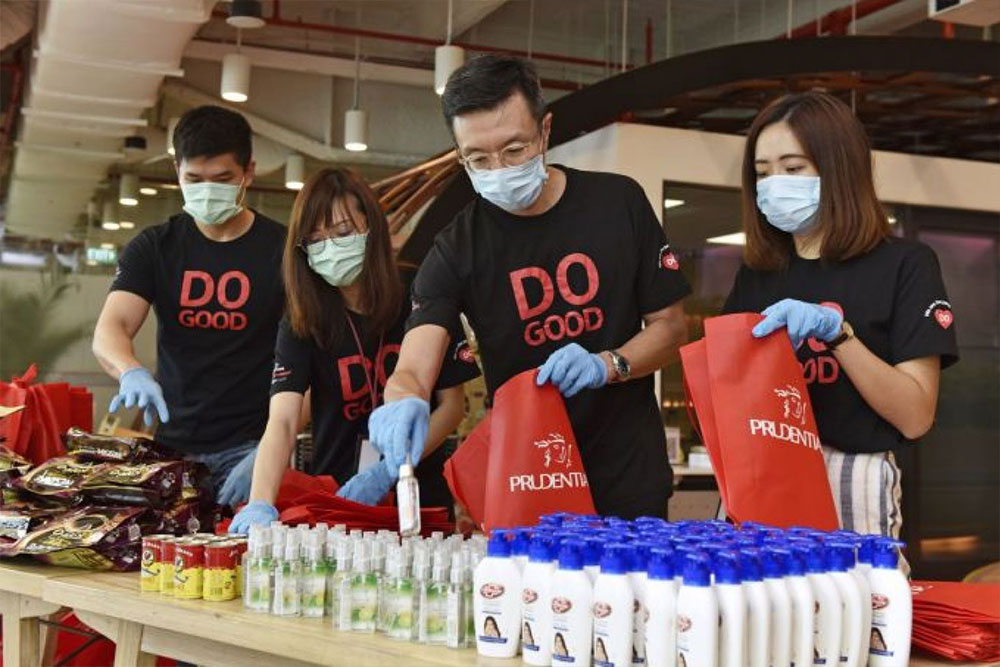
2. PRUDENTIAL: Care kits for drivers
In February, a team from Prudential Singapore’s Customer Division stationed themselves at the Marina One’s driveway to give out care kits to taxi and private hire drivers.
These kits were put together as a show of appreciation to the drivers continuing to serve the community during this time.
In total, 200 kits were distributed, containing surgical masks, hand sanitisers, anti-bacterial wipes and Vitamin C supplements.
Read Also: 4 Great Ways to Reward Your Employees on a Budget
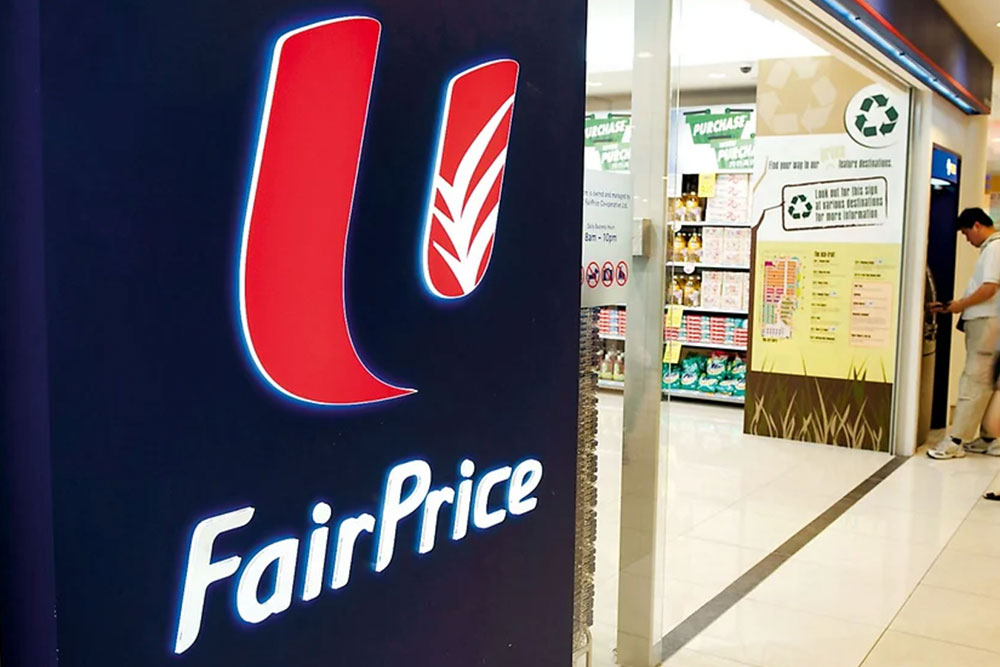
3. NTUC FAIRPRICE: Priority Hour for vulnerable groups
From 7 to 8 am every Monday, FairPrice stores will be opening their doors exclusively for the elderly, handicapped, and pregnant women, to make it easier for them to stock up, as well as to stay safe through social distancing.
Hours after FairPrice announced its plans, other retailers such as Cold Storage, Giant, Market Place, and Jason’s Deli followed suit.
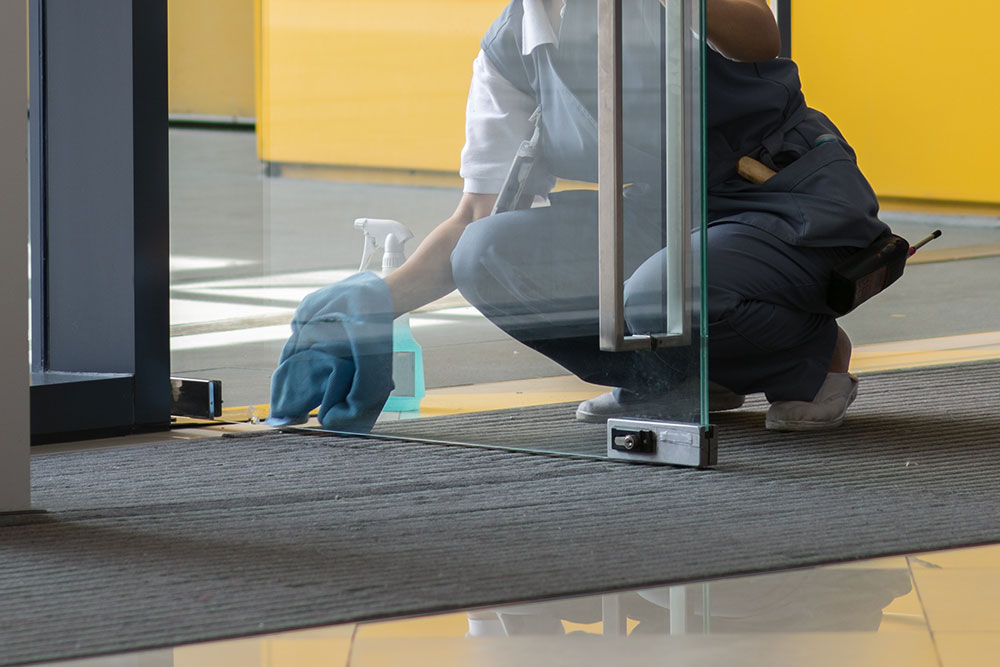
4. ABBA MAINTENANCE: Owner opens heart and home
While most Malaysian workers affected by the border closures are staying in hotels and dormitories arranged by their companies, Mr Peter Peng, owner of ABBA Maintenance, goes a step further — by inviting them into his own home and giving them an allowance to offset the higher cost of living in Singapore.
Mr Peng is just one of the many business owners who are going above and beyond their duty by showing warm hospitality to their Malaysian workers as they await the border’s reopening.
Read Also: Avoiding Retrenchment: How Singapore SMEs Can Reduce Manpower Costs
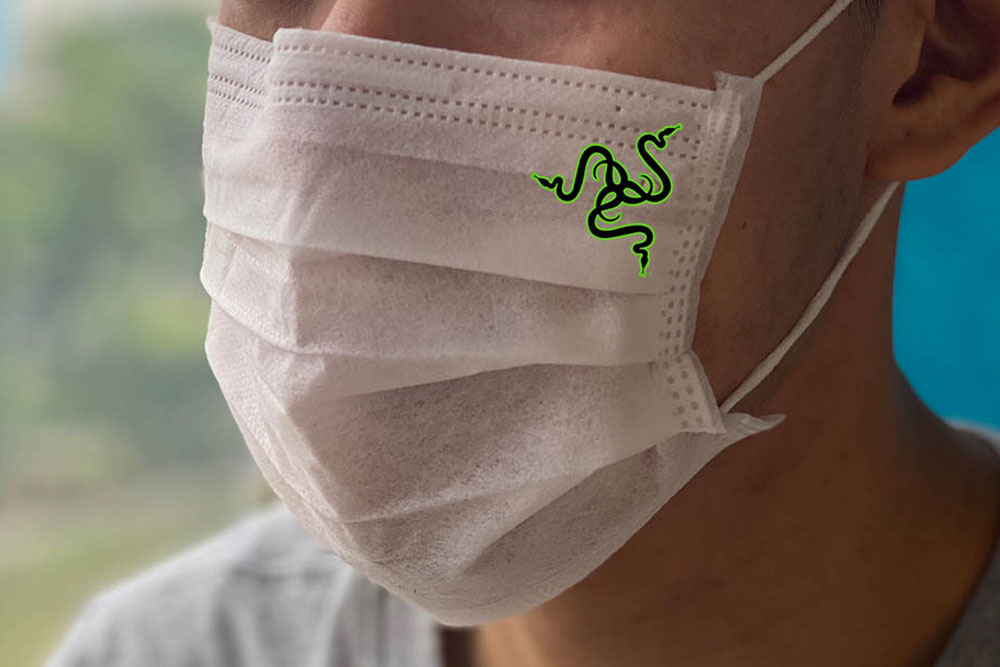
5. RAZER: Now manufacturing masks, not just gaming accessories
To help ease the projected shortfall of surgical masks around the world, CEO and co-founder of Razer, Mr Tan Min-Liang, has been working around the clock to convert some of the business’ manufacturing lines into surgical mask production lines. The masks will then be donated globally.
Despite higher demand for Razer’s products during this time while more are staying home and playing games, Mr Tan sees it as part of his company’s duty to help combat the virus.
“[All] of us have a part to play in fighting the virus — no matter which industry we come from,” he said.
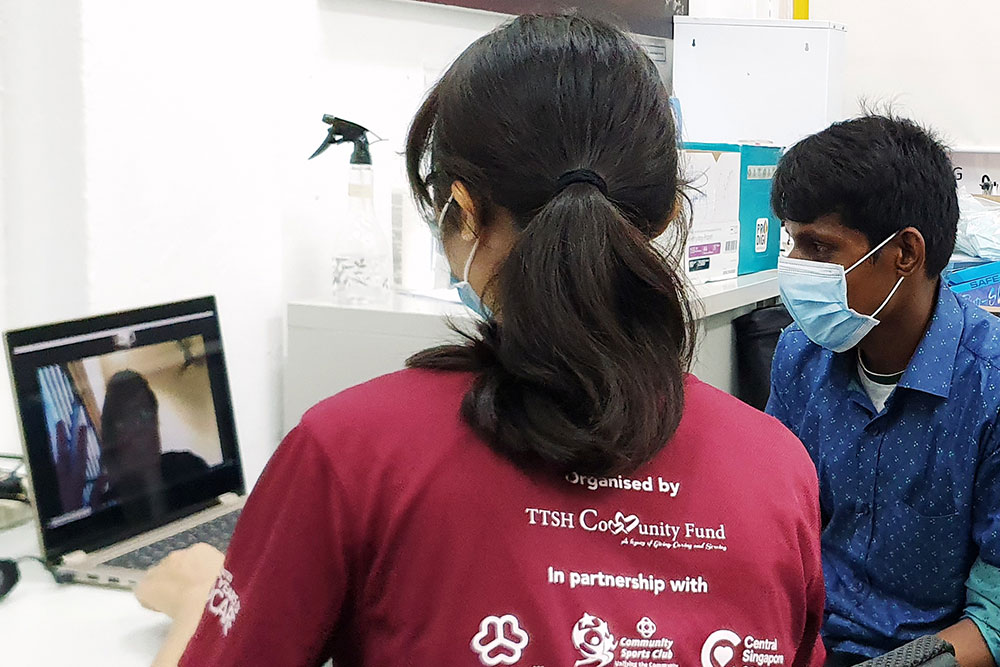
6. HEALTHSERVE: Keeping doors open to patients via teleconsultation
While the number of medical volunteers has plummeted since the virus outbreak, HealthServe, Singapore’s largest non-profit clinic serving the migrant community, wanted to ensure its patients could still get the medical attention they need.
So, with innovation and quick thinking, a “hybrid” teleconsultation service was put in place to enable doctors to treat patients remotely.
Patients come to the clinic to first get their blood pressure checked by student volunteers, then speak to a doctor via teleconferencing.
These employers are just a few of the many who have modelled the way in dealing with the current situation; it has been a display of our ability to adapt and innovate as a nation, a reminder of how important it is to be prepared for any scenario, and a timely opportunity for us to retrain and help each other grow.
So that when the virus passes, we don’t just recover, but hit the ground running.















